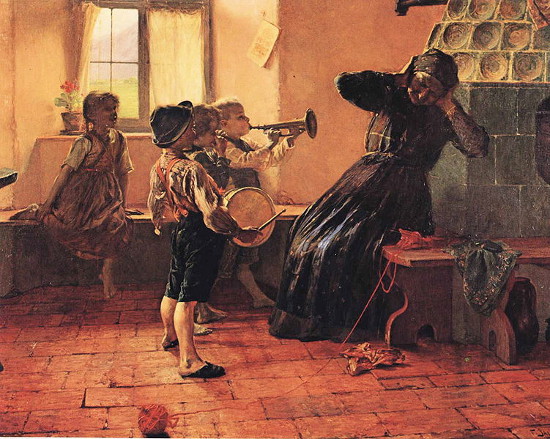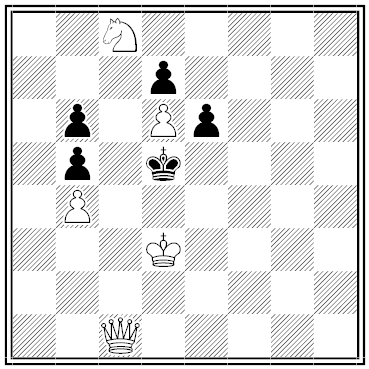
In July 1761 an illegal slave ship foundered near Tromelin, a speck of land 200 miles east of Madagascar. After six months on the island, the surviving gentlemen and sailors assembled a makeshift boat and departed, promising to return for the 60 slaves left on the island. They never did.
The slaves kept a fire going for 15 years while they struggled to survive on an island of barely 0.3 square miles. They fashioned houses from coral and sand, built a communal oven, and subsisted on turtles and seabirds.
“We have found evidence of where they lived and what they ate,” archaeologist Max Guérout told the Independent in 2007. “We have found copper cooking utensils, repaired, over and over again, which must originally have come from the wreck of the ship.”
Many of the castaways simply succumbed. At one point 18 left on a makeshift raft; it’s not known whether they reached land. In 1776 a French sailor was shipwrecked on the island, built a raft, and escaped to Mauritius with three men and three women. When a rescue ship arrived for the last seven castaways, they included a grandmother, her daughter, and an 8-month-old grandchild who had been born on the island.
The governor in Ile de France declared them free, since they had been bought illegally. He adopted the family of three and named the boy Jacques Moise. His surname is a French form of Moses — a baby rescued from water.




